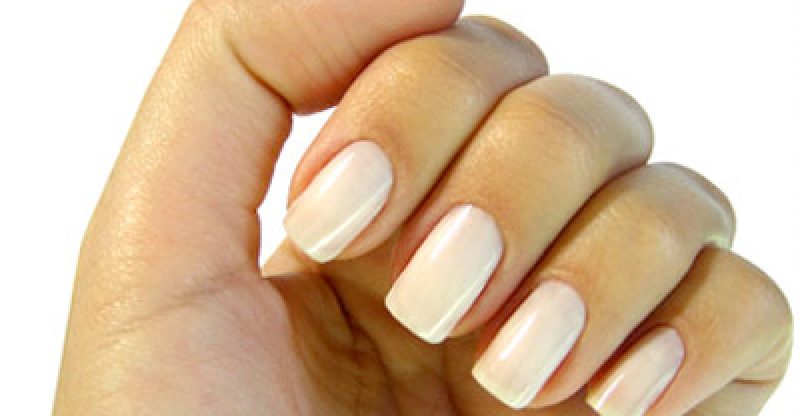Pregnancy Nails

Due to extra pregnancy hormones (as well as prenatal vitamins and a generally healthier diet), your nails may grow faster, longer in length and become stronger when you are expecting. On the downside, some women experience softer, brittle pregnancy nails that peel, split and break more easily and sometimes develop rough surfaces.
If your nails split and tear more easily when you’re pregnant, keep them short and well-trimmed. Nails should be cut straight across and rounded slightly at the tip for maximum strength. If you’ve always loved your long nails, it may help to remind yourself that shorter nails make it easier to care for and caress the sensitive skin of your baby.
Avoid the chemicals in nail polish and nail polish remover. Using nail polish may damage your nails and make them much worse. A recent study has shown that certain chemicals that are commonly found in nail polish and removers (such as methyl methacrylate and acetonitrile) are dangerous and can cause numerous health problems including skin irritation, rashes and even poisoning. Not all nail polish and polish removers contains these harmful chemicals; you can find some that contain only natural ingredients and are biodegradable. Another downside to polish is that it prevents your nails from breathing. If you must use an acetone-containing polish remover, be sure to do your nails outside or at least in a well-ventilated room, because of the harmful fumes.
The single most important thing you can do for your nails is to eat right and take your prenatal vitamins every day. Taking a good-quality, prenatal vitamin supplement is wonderful for the nails because they have such a high-nutrient density. Protein is the key nutrient needed for encouraging nail growth; a handful of almonds or cashews daily are excellent providers.
Other things you can do to protect your nails are: wear rubber gloves when washing dishes (or anytime you’re working with water), gardening and when working with detergents or cleansers, moisturize your nails by applying lotion or cream at bedtime and avoid chemical-based cuticle softeners, instead use natural oils such as emu oil. Also, never remove your cuticle, because it may allow a painful and unsightly infection to develop. If your nails are yellow or discolored, soak them for a few minutes in pure lemon juice (wait for cuts to heal, otherwise the juice will sting), followed by a soak in olive oil. If you notice any swelling or pain associated with your nail changes, report it to your doctor, midwife or dermatologist.

